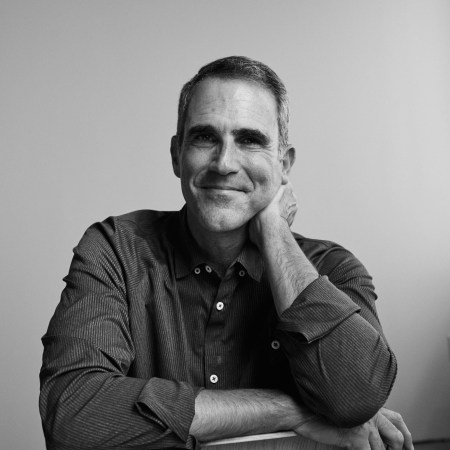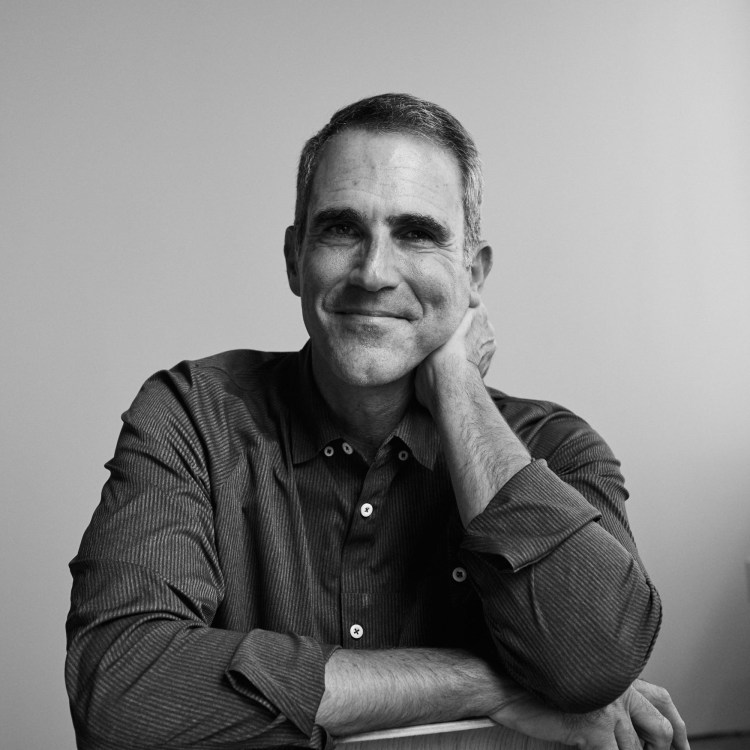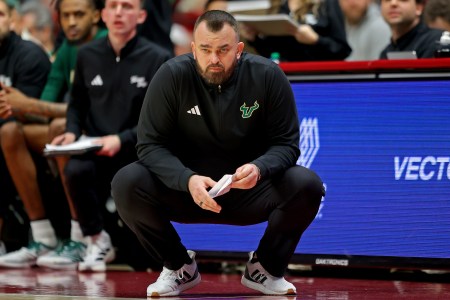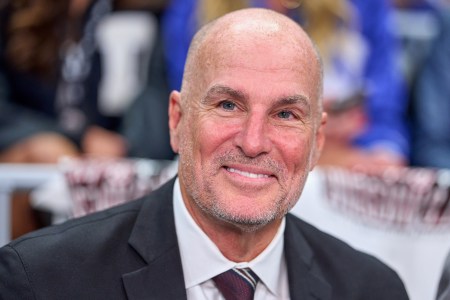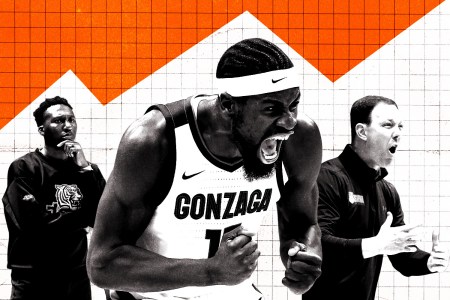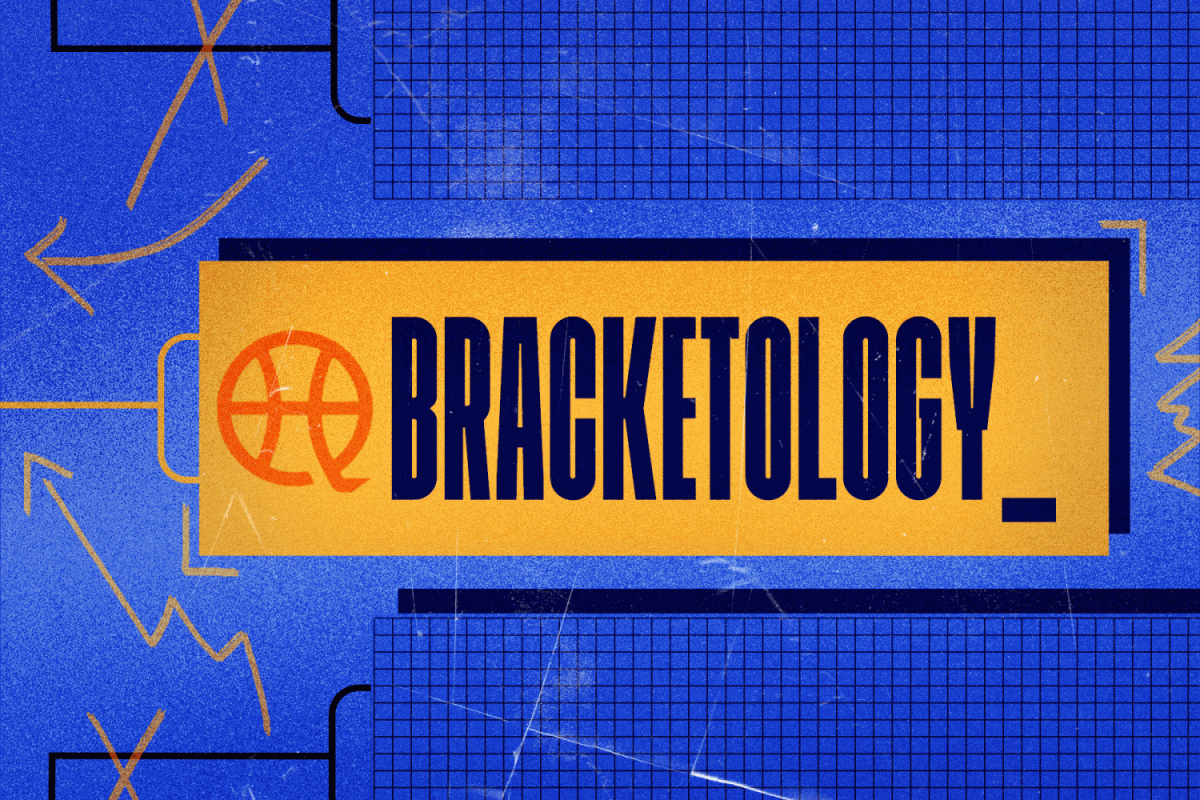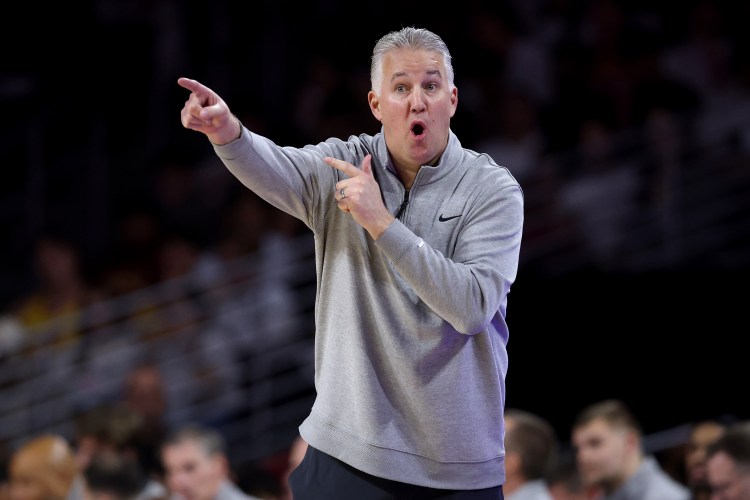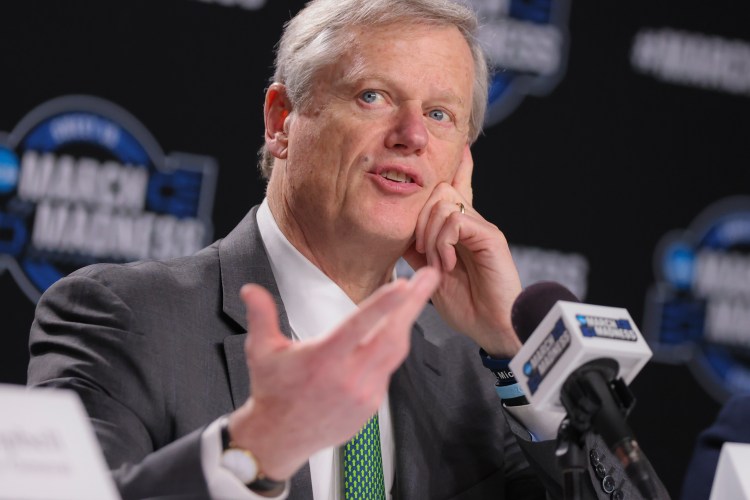We at Hoops HQ are pulling out all the stops for the month of March. Our mission is not only to provide our subscribers with the best college basketball content possible, but also to include you in our conversations and make you feel a part of our fast-growing community.
In that spirit, I am publishing my first mailbag at this here destination. A week from Monday, I’ll be hosting an Instagram Live conversation where our Hoops HQ subscribers can ask me questions about their brackets or anything else you want to talk about. The fun is just getting started.
Thanks to all who sent in questions. Here’s my first batch of answers.
Hey Seth, this is the second year in a row Bill Self has struck out in the transfer portal. What does he need to do to better identify talent that will allow him to continue succeeding like he did in the past?
I spoke with Self on Sunday night, primarily to address a social media fire he tried to put out over the weekend (and unwittingly inflamed, to his regret), but also to discuss his team, his season and this very topic. In my opinion (and I sense he agrees), Self fell into what I call the Money Trap. That is, if you’re a tradition-rich blueblood like Kansas and have plenty of NIL money, you don’t have to do your homework the way other programs do in order to replenish your roster. That’s not to say Self and his staff don’t work hard, but I do believe the portal mistakes of the last two seasons (Nicholas Timberland and A.J. Storr chief among them) will force them to rejigger their thinking, just like every other coaching staff is having to do. It’s not just about what transfers you can afford, it’s about making sure they are the right fit, both in terms of their skill sets but especially their personalities.
Kansas is not the only program that fell into this trap. Indiana, Kansas State and Arkansas all had very large NIL bags and all of them had mediocre seasons. That’s understandable, because this is a brand-new world and everyone is still trying to figure it out. It’s going to be even more different this summer when the new revenue-sharing model kicks in and schools have the ability to pay their athletes up to $20 million directly. Culture is always important, but it is more important than ever for coaches to be fiercely protective of their cultures. Self has made a few mistakes these last couple of cycles, but I have no doubt that he will learn from them.
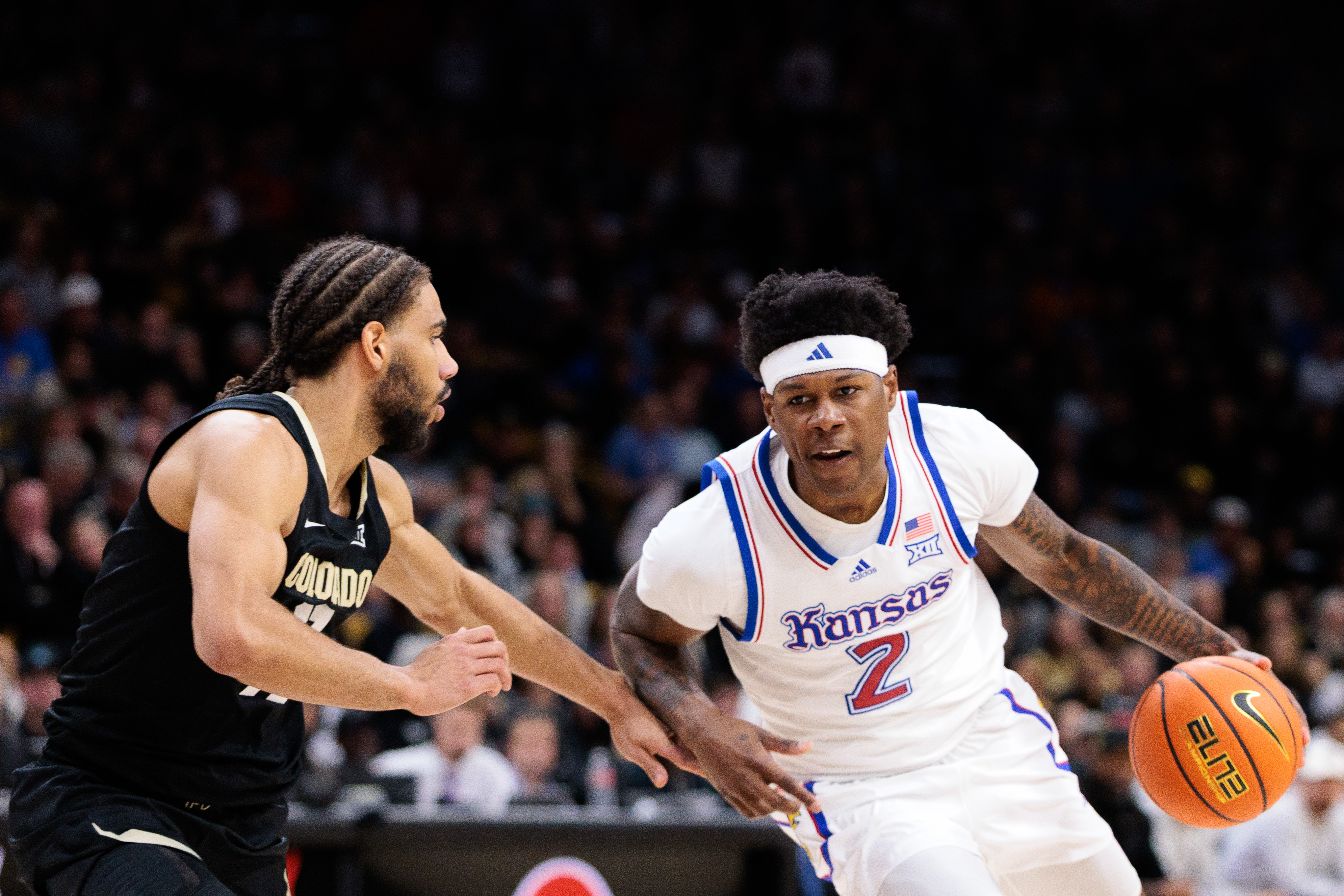
Does the champ of a conference receive a trip to the big dance or is it the winner of their conference playoffs? Appreciate your website!
And I appreciate your appreciation! Each league gets to send its champion to the NCAA Tournament as an Automatic Qualifier (AQ). It is up to the leagues to determine whether the AQ should go to the regular season champion or the postseason tournament champion. There is no rule that says it has to be the tourney champ, just like there is no rule that says conferences have to hold tournaments at all. For a while, the Ivy League was the last holdout on this front and it was hailed in many quarters for its stance on “purity.” Then that “purity” gave way to money, as it so often does, and the Ivy League started holding a postseason tournament. The winner of that gets the league’s AQ bid.
Why not hold a league tournament but still give the AQ to the regular season champ? Because then the tournament would hold little entertainment value and the leagues would lose a lot of TV money, which is especially important to the one-bid leagues that don’t have mega TV deals. Once people do something to make more money, they tend not to do things that lead them to make less. So here we are, and here we’ll stay.
Most enjoyable coach and team you have covered during March Madness?
There have been so many of them, but the one that comes to mind here is the 2000 Michigan State team. I was working for Sports Illustrated at the time (this was four years before I started also working for CBS). Before the season began, the magazine sent me to East Lansing to do a preview story on the Spartans. It was the first time I had met Tom Izzo and at the end of our interview, I asked him if he made the Final Four whether I could get an exclusive interview. “Seth,” he replied, “you can ride the bus.”
My editors smartly assigned me to cover the Spartans from the outset of the Tournament. When they got to the Final Four and beat Wisconsin in the semifinal, Izzo was true to his word. I rode with the team on their bus back to the hotel. It was a hellaciously boring bus ride as no one said a word, but Izzo let me stay up all night with his staff while they broke down video of Florida. It gave us great fodder for our story.
They won the final game, of course, and ever since then Izzo has been a joy to cover. That is true, however, of everyone who covers that program because Izzo treats everyone with respect yet understands that we have a job to do and that sometimes our agendas don’t align exactly with his. It’s hard to believe that neither Michigan State nor any other Big Ten team has won another title in the years since, but given the way the Spartans have been playing, I would not be surprised to see that streak broken early next month.
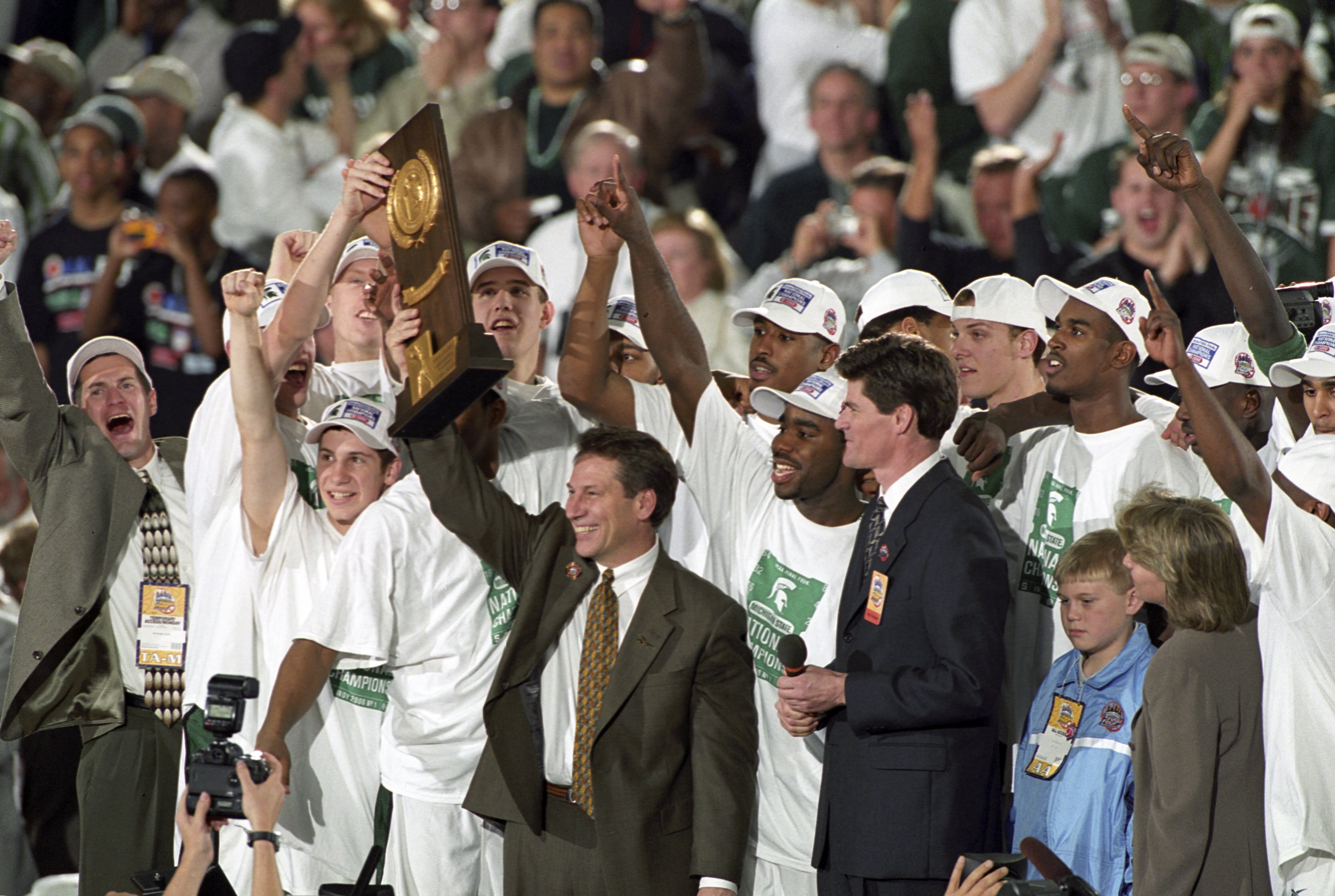
Are the coaches who are retiring prematurely in the NIL era doing so out of moral opposition to what has happened? Are they angry or disappointed? Or are these old coaching dogs too lazy to learn new recruiting tricks?
I select None of the Above. There is no doubt that college basketball (and college athletics in general) has undergone a massive disruption. But there is nothing immoral about what’s happening. If anything, it was immoral for the NCAA to prevent student-athletes from cashing in on their market value for so many decades. I’m all for everyone (coaches, players, fans, sportswriters) getting paid as much as they can.
Yes, a lot of high-profile basketball coaches have retired in the last few years, but for the most part, you can’t call those decisions “premature.” Roy Williams, Mike Krzyzewski, Jim Boeheim, Jim Larranaga and Leonard Hamilton were well past the usual retirement age.
I sense the examples you’re referring to are Tony Bennett and Jay Wright. Bennett clearly did not want to operate in the new paradigm. In fact, he was so stubborn about not adapting that he allowed his program’s fortunes to sink precipitously. I certainly don’t blame Bennett for not wanting to stay, but I rejected at the time (and reject again today) that his retirement was some grand indictment about the “immoral” state of the game. Bennett had a great career, but trust me, college basketball will go on and thrive without him.
As for Jay Wright, I have a unique perspective on this since I work with him at CBS. It wasn’t so much the switch to an NIL/revenue model that drove Jay out of the game so much as he was just done. It is an unrelenting job and if you’re going to be as successful as Jay was, you have to give it your all. And that’s not just during the season, it was all the time. Jay could never take a vacation or even go to a church service without taking his job with him (mentally at least). We drastically underestimate the toll that takes over time. It’s also why I tell people that I am 100 percent certain that Jay coached his last game, college or pro. There is no amount of money that would get him off the golf course, out of the ocean (he’s a big surfer) or more importantly, away from his family. His TV work keeps him close enough to the game that he can feed that jones without looking to get back in.
Could Yale make a real run? It’s hard to call them a Cinderella at this stage, but do they have Sweet 16 potential?
Yet another timely question. I would encourage everyone to read Jordy Fee-Platt’s story on Yale we published today at Hoops HQ. What a remarkable story! The Bulldogs pulled off one of the real shockers of the NCAA Tournament last year when they knocked off Auburn in the first round. They lost three starters from that team, including two who transferred to high-major schools (Danny Wolf to Michigan and Matt Knowling to USC). Yet, they just won the Ivy League again and are actually ranked 17 spots higher on KenPom than where they were at the end of last season.
I very much believe this team is capable of winning a game or more in the NCAA Tournament. The big star of the Auburn win, John Poulakidas, is back and James Jones is one of the really good coaches in college basketball. (It’s incredible that he’s in his 26th year.) Yale is projected to be a No. 13 seed in Brad Wachtel’s latest Bracketology and whomever is paired against the Bulldogs in that first round will not be thrilled. Either way, the fact that they won the Ivy again is extremely impressive and should be celebrated.
